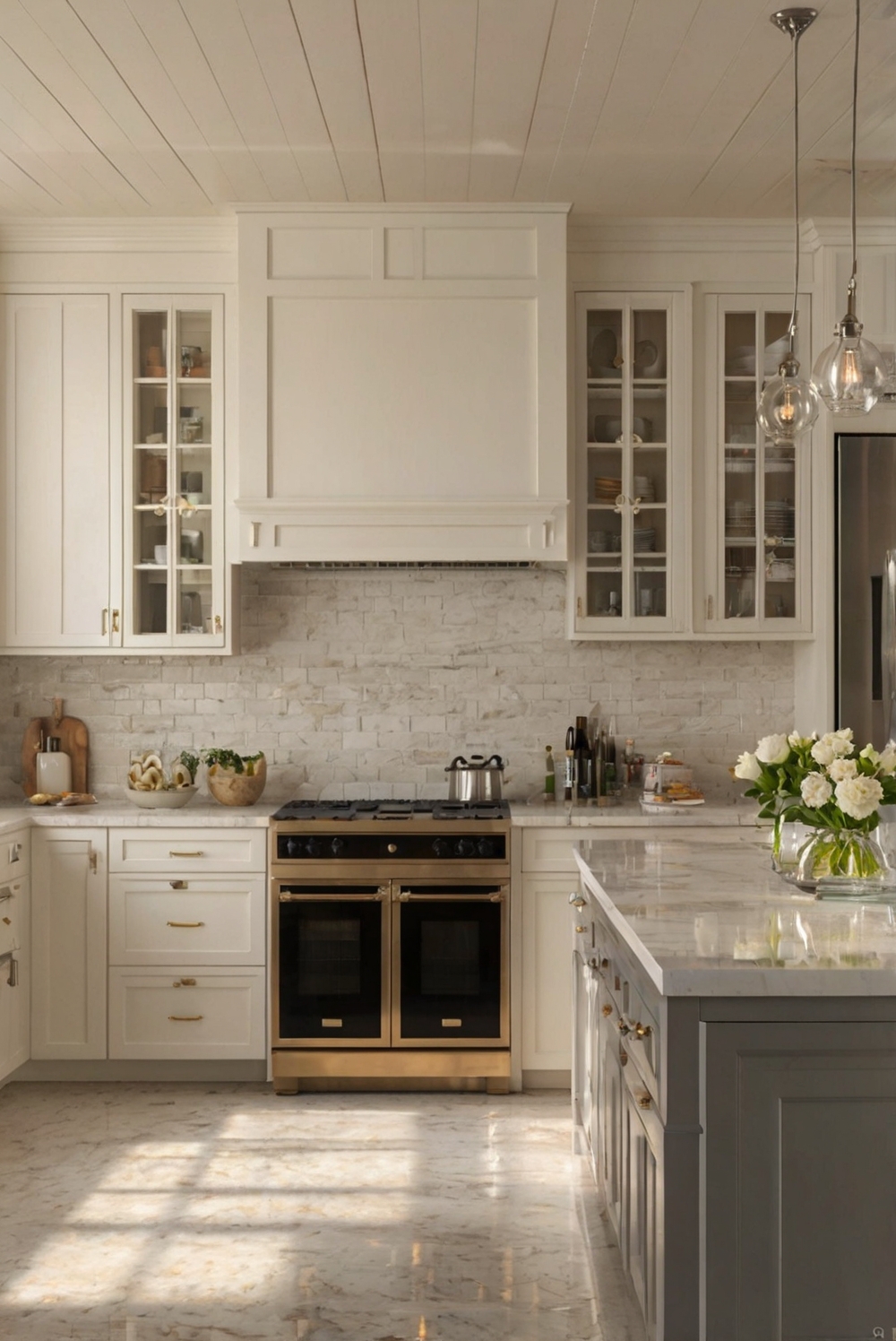Looking to upgrade your kitchen countertops? Find out the differences between quartz, granite, and solid surface options to make the best choice for your home.
**How to choose between quartz, granite, and solid surface countertops?**
In order to choose between quartz, granite, and solid surface countertops, consider factors such as durability, maintenance, aesthetic appeal, and budget. Quartz countertops are durable, low-maintenance, and offer a wide range of colors and patterns. Granite countertops are natural stone with unique characteristics, but require regular sealing. Solid surface countertops are versatile and seamless, but may scratch easily. Consider your lifestyle and preferences to make the best decision. Compare costs, research product reviews, and visit showrooms to see different options in person. Ultimately, choose the countertop material that best suits your needs and style preferences.
When it comes to choosing the right countertops for your kitchen, the decision can often be overwhelming. With options like quartz, granite, and solid surface countertops, it can be challenging to determine which material is best suited for your space. In this article, we will explore how to choose between quartz, granite, and solid surface countertops by addressing common questions and considerations.
Many factors come into play when deciding between quartz, granite, and solid surface countertops. Understanding the differences in cost, installation requirements, maintenance, durability, and heat resistance can help you make an informed decision that suits your needs and budget.
Determining the Right Countertop Material for Your Kitchen:
To determine whether quartz, granite, or solid surface countertops are right for your kitchen, consider the following factors:
-1. How to determine whether quartz, granite, or solid surface countertops are right for my kitchen?
-2. Can I install quartz, granite, or solid surface countertops myself, or do I need to hire a professional?
-3. What is the difference in cost between quartz, granite, and solid surface countertops?
-4. How to maintain and clean quartz, granite, and solid surface countertops for long-lasting durability?
-5. What are the benefits of choosing quartz over granite or solid surface countertops?
-6. Can I mix and match different types of countertops in my kitchen, such as using quartz for the island and granite for the perimeter?
-7. How to compare the durability and heat resistance of quartz, granite, and solid surface countertops before making a decision?
Determining Installation Needs and Costs:
Installing quartz, granite, or solid surface countertops requires different levels of expertise. While some homeowners may opt to install countertops themselves, complex installations may require professional assistance. Consider the installation process, costs, and timeframe when deciding on the best option for your kitchen.
Maintenance and Cleaning Requirements:
Proper maintenance is essential for ensuring the longevity of your countertops. Quartz, granite, and solid surface countertops have unique cleaning and maintenance requirements. Understanding how to care for each material can help you make an informed decision based on your lifestyle and preferences.
Benefits of Different Countertop Materials:
Each countertop material offers distinct advantages. Quartz is known for its durability, stain resistance, and low maintenance. Granite provides a timeless, natural appearance and strong heat resistance. Solid surface countertops offer seamless integration, repairability, and a wide range of colors and patterns. Consider the qualities that are most important to you when selecting the right material for your kitchen.
Mixing and Matching Countertop Materials:
Mixing and matching different types of countertops can create a unique and visually appealing kitchen design. Consider combining quartz, granite, and solid surface countertops to achieve a custom look that complements your overall aesthetic. Be sure to coordinate colors, textures, and styles to achieve a cohesive and harmonious design.
Comparing Durability and Heat Resistance:
Durability and heat resistance are important factors to consider when choosing countertops. Quartz is highly durable and resistant to scratches and stains. Granite is heat resistant and can withstand high temperatures. Solid surface countertops are also durable and offer heat resistance, making them suitable for a busy kitchen environment. Evaluate the durability and heat resistance of each material to determine which option best meets your needs.
In conclusion, choosing between quartz, granite, and solid surface countertops requires careful consideration of various factors such as installation requirements, cost, maintenance, benefits, mixing and matching options, and durability. By understanding the unique qualities of each material and how they align with your preferences and lifestyle, you can select the best countertop option for your kitchen. Whether you prioritize durability, aesthetics, or functionality, there is a countertop material that can meet your needs and enhance the overall look of your kitchen.








